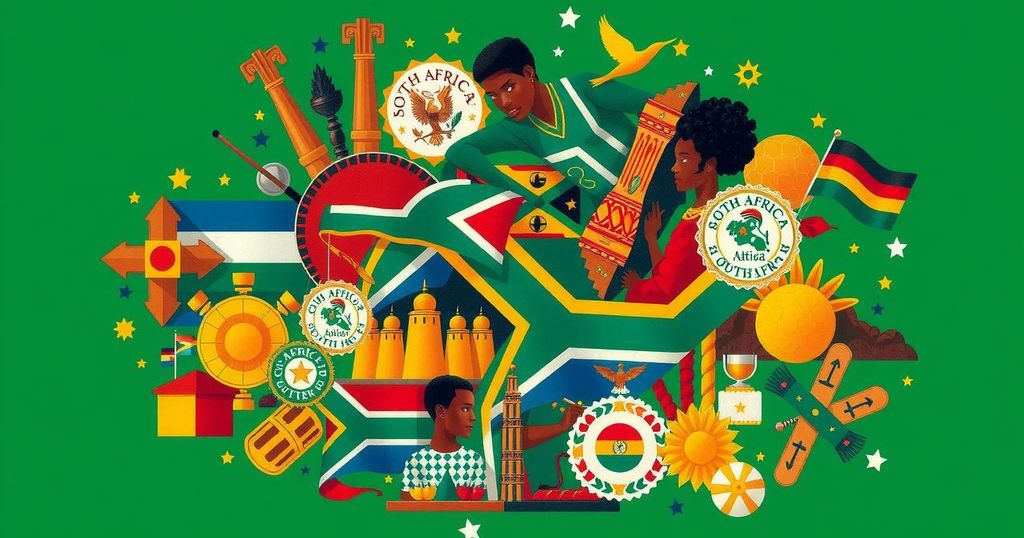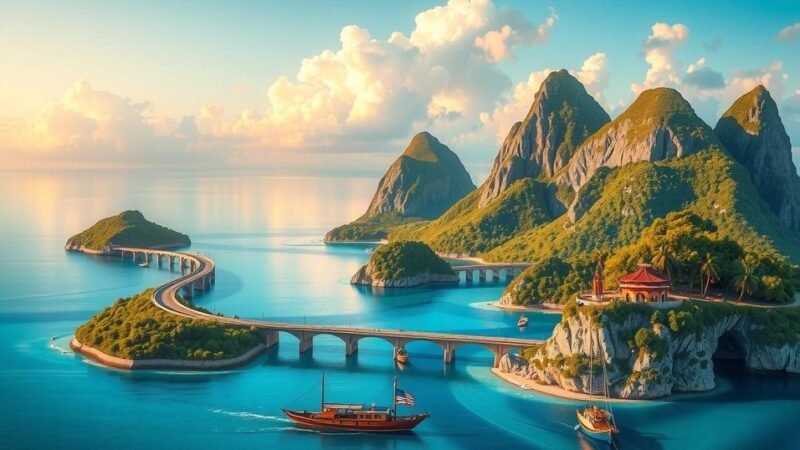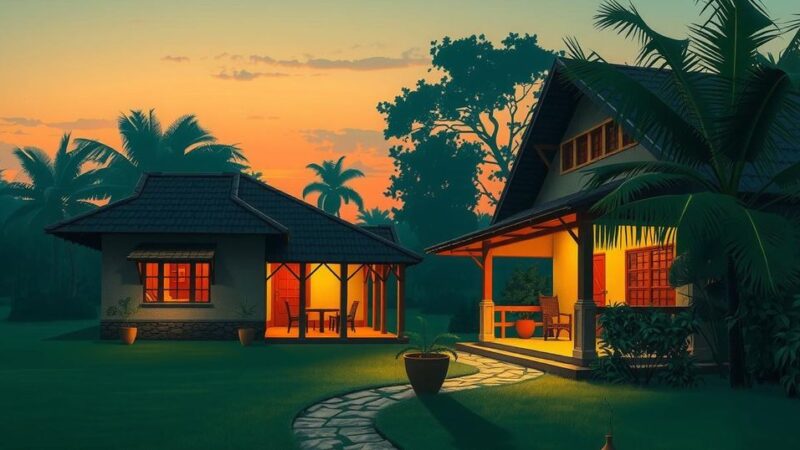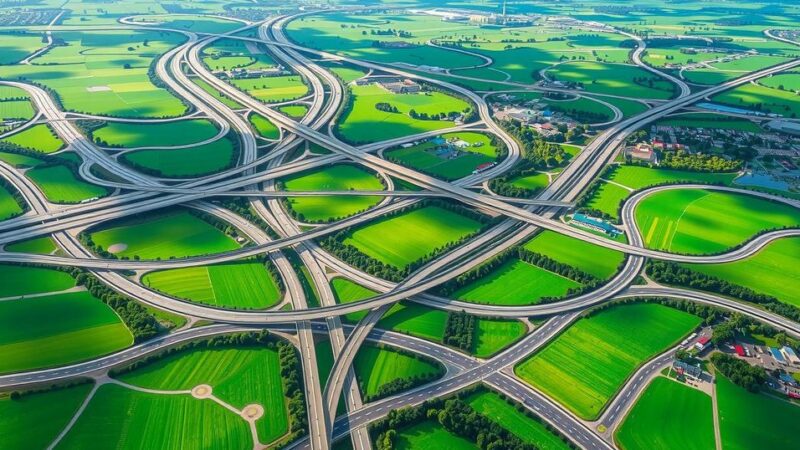South African President Cyril Ramaphosa will meet with President Trump next week amid tensions over Afrikaner refugee resettlement. The visit comes shortly after the U.S. welcomed its first group of Afrikaners, sparking discussions about discrimination in South Africa. Ramaphosa has publicly rejected these claims, labeling individuals leaving for the U.S. as cowardly.
South African President Cyril Ramaphosa is headed to the White House next week, with his office announcing the visit on Thursday. This trip comes just days after the arrival of the first group of White South Africans—specifically from the Afrikaner community—who’ve been granted refugee status due to a new policy established during the Trump administration. Ramaphosa aims to use this visit as a chance to improve relations between the two countries.
The meeting is set for Wednesday, May 21, but details regarding the discussions remain sparse, as the White House hasn’t provided any comments yet. The backdrop is undeniably tense, especially with the recent arrival of 59 Afrikaners in the U.S. who were described by Deputy Secretary of State Christopher Landeau as having suffered from “egregious discrimination” in their home country.
State Department spokesperson Tammy Bruce echoed these sentiments, labeling the Afrikaners as a “vulnerable group facing unjust racial discrimination in South Africa.” However, Ramaphosa has dismissed these allegations, calling them “not true,” according to reports from BBC News. Interestingly, he even referred to those leaving South Africa for the U.S. as “cowardly,” emphasizing that running away only shows fear.
So, who exactly are the Afrikaners? They are White South Africans mostly of Dutch descent, with a rich history in the region that spans around four centuries. Afrikaners have their own language, Afrikaans, which derives from Dutch and is one of South Africa’s twelve official languages. Historically, Afrikaners played a significant role in establishing apartheid in 1948, which created a system where only White citizens could vote and hold power.
A major change came in 1994 with Nelson Mandela’s African National Congress winning the first all-race elections, marking the end of White rule in South Africa. Despite this political shift, a considerable gap in living standards persists today. Research by the South Africa Human Rights Commission indicates that around 1% of White South Africans live in poverty, while 64% of Black Africans find themselves in similar conditions.
The recent claim for refugee status by Afrikaners is largely due to a new law signed by Ramaphosa in February, allowing the government to confiscate land without compensation under certain conditions. This law, while not explicitly targeting any group, raised concerns among Afrikaners since they own a significant portion of the land. The South African government strongly denies any racially charged land seizures or discrimination.
With regards to violence, there have been reports of attacks on farmers in South Africa, which U.S. officials like Deputy Secretary of State Christopher Landau have identified as targeted threats. However, the government attributes these incidents to general crime instead of racial animosity. In the U.S., President Trump and his associate Elon Musk have described these issues as amounting to “White genocide.”
Back in February, an executive order from Trump prioritized the resettlement of Afrikaners under the refugee program, especially after he froze access for many other groups. An important point to note is that, while Afrikaners make up roughly half of South Africa’s White population, Trump’s order specifically highlights Afrikaners for refugee resettlement.
According to the U.S. embassy in South Africa, those wishing to apply for refugee status must meet specific criteria: they must be South African citizens and identify as either Afrikaner or a member of a minority race in South Africa. They must also be able to detail experiences of past persecution or demonstrate a reasonable fear of future persecution.
This whole situation is evolving fast, and Ramaphosa’s visit may just reshape a critical relationship, although the tension surrounding the refugee claims and allegations of discrimination looms large over discussions.
In summary, the forthcoming visit of South African President Cyril Ramaphosa to the White House surfaces during a contentious time marked by the recent arrival of Afrikaners in the U.S. as refugees. This situation reflects broader issues of historical discrimination, land rights, and the legacy of apartheid, alongside ongoing challenges faced by both nations in navigating their diplomatic ties. Ramaphosa’s stern remarks about those leaving South Africa could further complicate an already tense dialogue with U.S. officials.
Original Source: www.cbsnews.com






